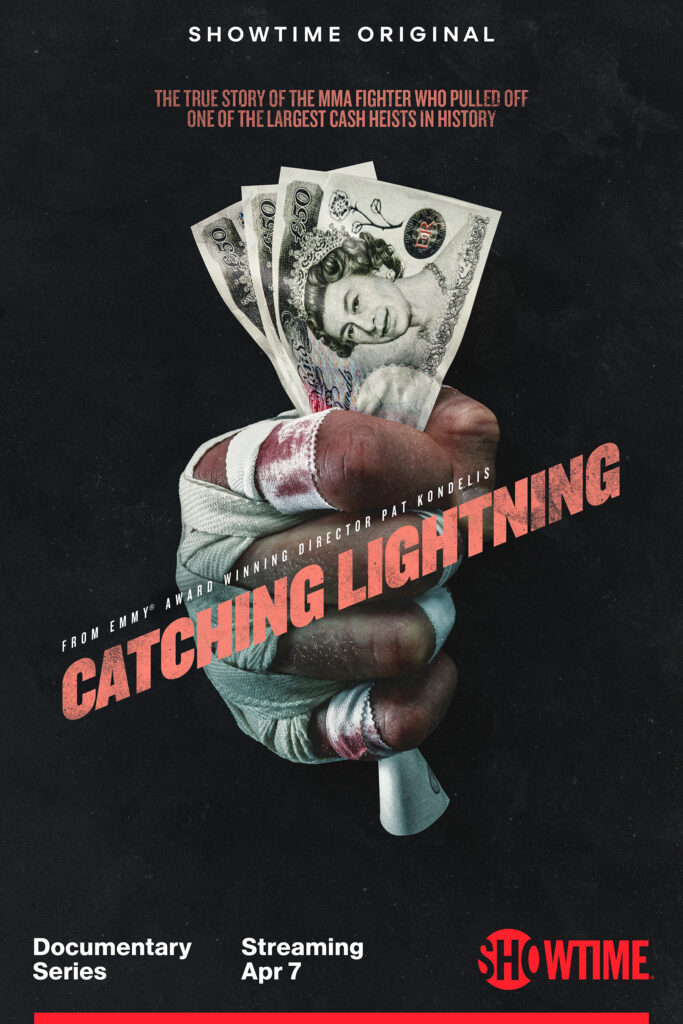I’ll admit I wasn’t expecting much from the current revival of Tennessee Williams’ A Streetcar Named Desire. Something about the African-American casting struck me as a trick, a shtick, an effort to cash in on a trend that started with a sub par Cat on a Hot Tin Roof a few seasons back. Plus, there was the luminous spectre of Cate Blanchett – an achingly fragile Blanche in a production of the play that arrived from Australia last season at BAM – still figuring so vividly delicate in my mind. How exciting then to find myself at the Broadhurst Theatre the other night hearing Williams’ play as if for the first time. Led by the inquisitive mind of director Emily Mann, this is not a production that trusts in (or cares for) ghosts. It does, however, believe in the transformative – and destructive – power of desire. Slick with sweat and trapped in a threadbare tenement hothouse, Nicole Ari Parker’s Blanche is no broken butterfly: she’s a carnal animal unable to hold herself in check. Blanche may pretend to be otherwise but Stanley, a virile Blair Underwood, sees her for who she really is – something his wife Stella (the pitch-perfect Daphne Rubin-Vega) cannot bring herself to do. When Stanley succumbs to his own desires, telling Blanche “we’ve had this date from the beginning,” the brutal animalism that follows – here, a graphic scene of anal rap only alluded to in the original stage directions – is a consummation that (finally!) makes sense: there’s a price to be paid for running amok. Consensual desire  – such as that between a husband and wife? – when fulfilled can be transportive – but wantonness is a threat to the social order. That you still feel such powerful empathy for Blanche in the light of her self-destructive concupiscence is a testament to the multi-layered performance of Parker.  Her Blanche is seriously damaged goods – but then again, aren’t we all?
February 24, 2025
copy, content + the occasional ramblings of an itinerant traveler









